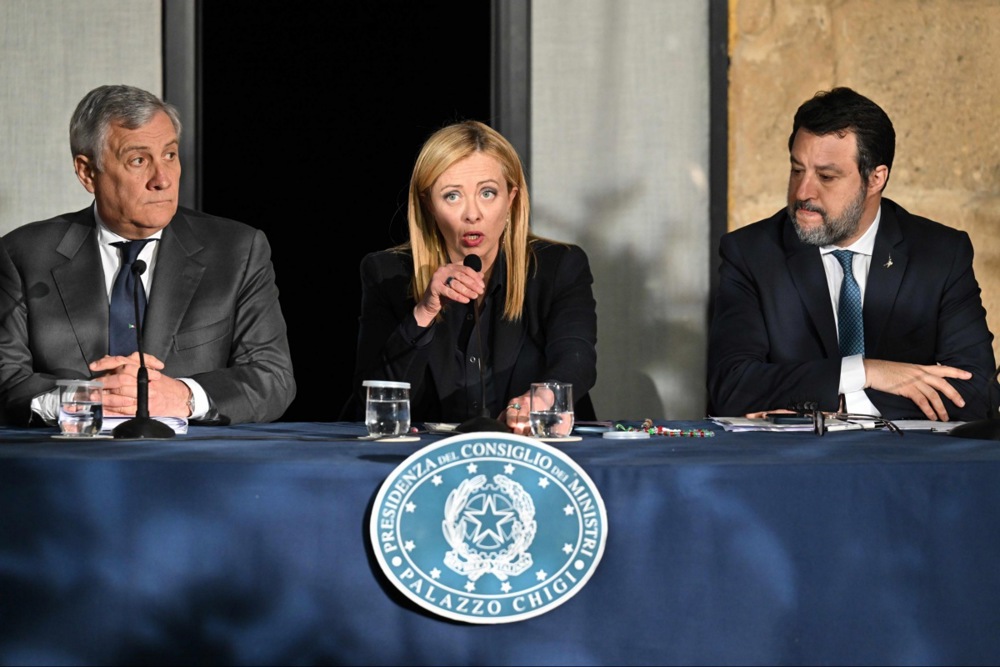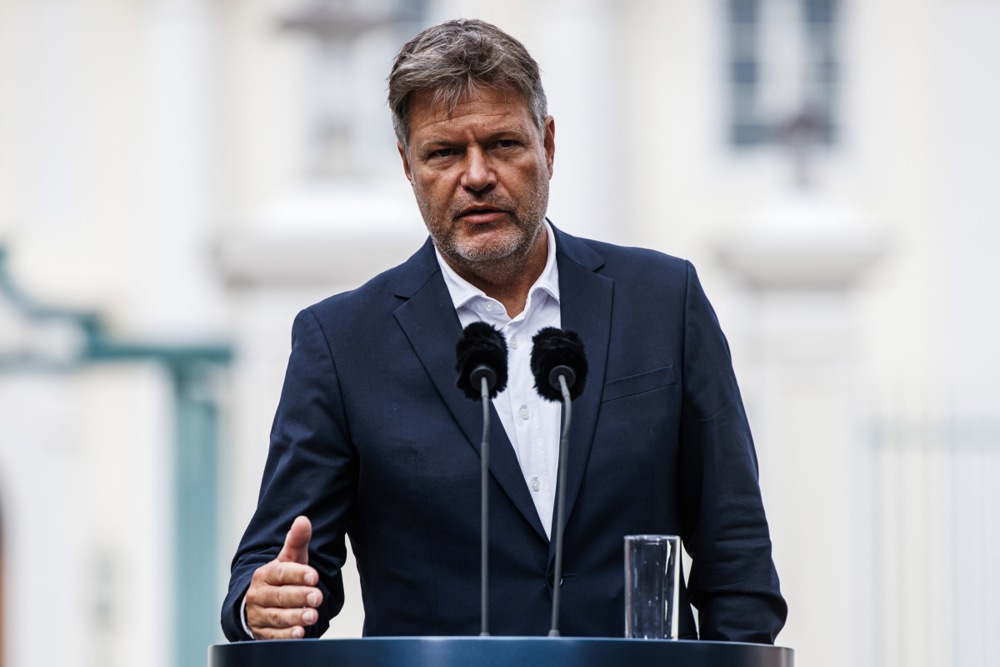Slovakia’s “pro-Russian” candidate Robert Fico looks set to become the nation’s new Prime Minister.
On October 12, Fico and his Smer party sealed the deal with the centre-Left Hlas party and the hard-Right Slovak National Party (SNS).
Fico was elected on September 30 after making campaign promises to end Slovakia’s support to Ukraine in Kyiv’s war against Russia.
Speaking shortly after signing the memorandum with Hlas and SNS, Fico said his objective was to raise living standards in Slovakia.
Referring to what was a tense election campaign, he added: “We are interested in governing this country democratically. We want every opinion to be respected, even if we don’t agree with it.”
The former Slovak PM and leader of the SMER party Robert Fico scored an election victory against the findings of an exit poll which had put him behind on Saturday evening. https://t.co/T3nHg4WkQd
— Brussels Signal (@brusselssignal) October 1, 2023
The current coalition is made up of the Left and Right. Both Fico’s Smer party and his new partner the Hlas (Voice) party brand themselves as Left-wing Social Democrats.
Unlike Left-wing parties in Western Europe, Slovakia’s Left is highly conservative regarding social issues such as migration and gay marriage.
On the Right is the SNS, which has been described as “ultra-nationalist”. Some researchers claim it has ties to the Kremlin.
Still, with SNS agreeing with Smer and Hlas on social, cultural and, most significantly, foreign policy, the parties appear to be happy bedfellows for the time being.
While Smer led the polls on election day, Fico’s forming of a government was not a certainty. With many parties entering parliament, his main opponent, the Liberal Progressive Slovakia (PS) still hoped it could scrape together a centrist and pro-Ukraine coalition leadership.
PS’s coalition gambit entailed its outright offering of the post of prime minister to Peter Pellegrini, the leader of Hlas. Pellegrini was formerly the second-in-command of Smer and was stand-in prime minister when Fico had to resign in 2018.
Despite Hlas presenting itself as a more moderate version of Smer, it became clear that Pellegrini would ally with Fico. That came after Hlas announced that it considered a coalition with PS, the Christian Democrats and the libertarian Freedom and Solidarity party to be untenable.
Hlas cited the fact that those parties were already fighting each other right after the elections, evoking fears of a continuation of political instability that has plagued the nation for the past three years.
The new government is likely to cause a stir not only in Bratislava but also in Brussels.
In the European Council, observers say that Fico’s government will likely mean one more critical voice of the European Union’s support for Ukraine.
To date, the bloc has already run into difficulty in trying to pass anti-Russian sanctions and pro-Ukrainian aid measures in opposition to Victor Orbán’s Hungary and others.
In the European Parliament, Fico’s victory may also spell trouble for the Socialists. Smer is a member of the centre-Left S&D Group, yet Fico’s socially conservative and anti-Ukraine war positions have put him at odds with the Group.
That has led to the S&D’s rivals, the centre-Right EPP Group, lambasting the Socialists over Smer’s continued membership.
Fico, for his part, has stated he could not care less if his party was thrown out of the S&D Group.





